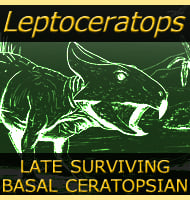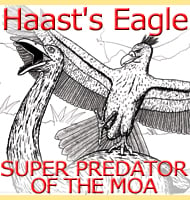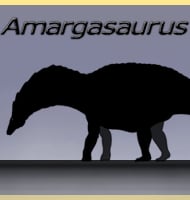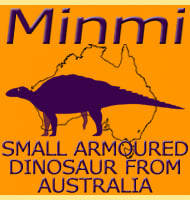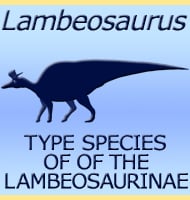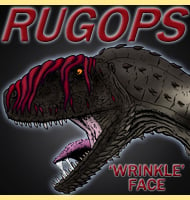In Depth
The naming of Angolatitan was a very important discovery for the country of Angola because it was the first genus of dinosaur known to have come from there. Angolatitan is so far known only from a partial right fore limb, so details like size or a specific dietary preference beyond just plants are impossible to establish with certainty. What is known though is that Angolatitan was a titanosaur, a kind of advanced sauropod that was common during the Cretaceous. A possible feature known in some titanosaurs such as Saltasaurus is the presence of bony osteoderm armour in the skin, but it is unknown if Angolatitan had armour. The fore limb however is enough to identify Angolatitan as a member of the Somphospondyli, meaning that it was probably most similar to genera along the lines of Sauroposeidon, Argentinosaurus, Astrophocaudia and Wintonotitan to name just a few examples.
One interesting thing to note is that the fossil formation that Angolatitan is known to have a very high occurrence of marine organisms from fish and ammonites to even marine reptiles such as plesiosaurs, mosasaurs like Angolasaurus and Tylosaurus and even turtles such as Angolachelys. This could indicate that the holotype remains of Angolatitan were from an individual that was swept out to sea.
Further Reading
- Angolatitan adamastor, a new sauropod dinosaur and the first record from Angola - Octavio Mateus, Louis L. Jacobs, Anne S. Schulp, Michael J. Polcyn, Tatiana S. Taveres, Andre Buta Neto, Maria Luisa Morais & Miguel T. Antunes - 2011.

